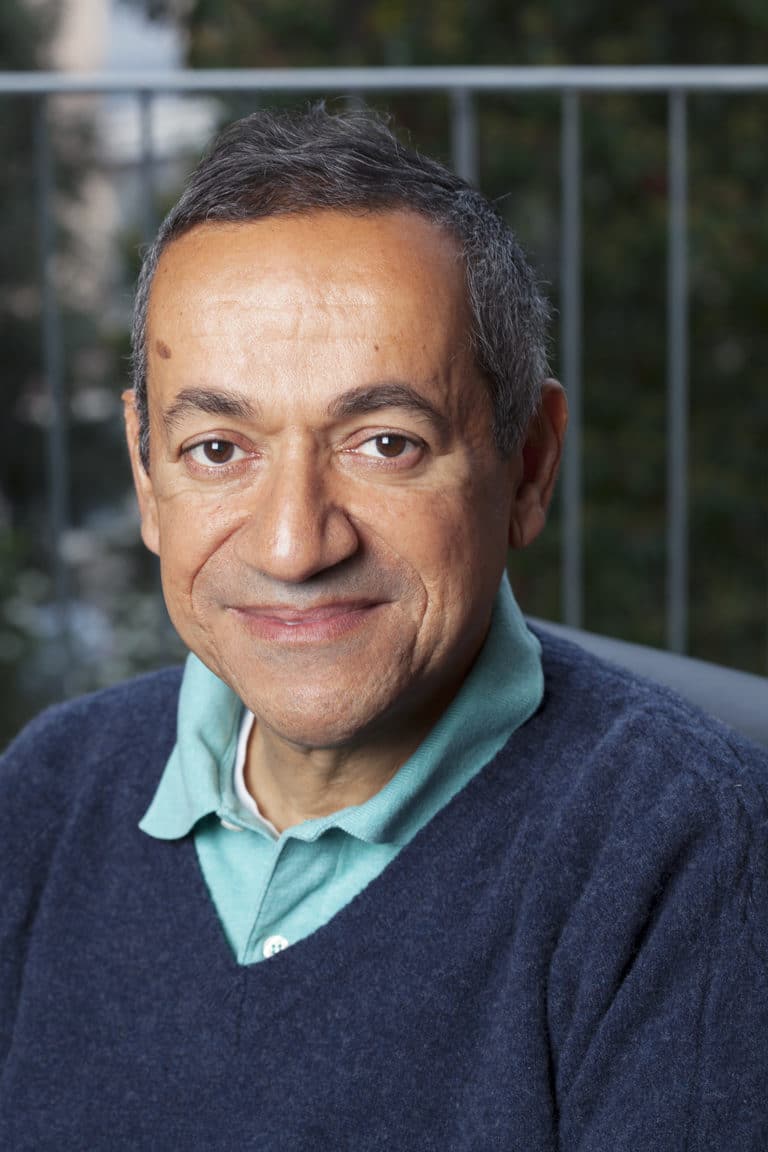
Giuseppe De Arcangelis
Research project
Geopolitical Fragmentation and Vaccine Diplomacy Lessons from the COVID-19 Pandemic
Project summary
The discovery of the vaccine marked a pivotal moment in the fight against COVID-19. Recognizing the substantial costs associated with measures such as social distancing and lockdowns, significant resources were allocated to accelerate vaccine production. This was especially evident in countries with well-established pharmaceutical industries. Globally, both national and international institutions entered into procurement contracts, known as advance purchase agreements (APAs), with major pharmaceutical multinational enterprises (MNEs). These agreements were often secured before vaccines were even avail-able, some finalized in the late 2020 or early 2021, sometimes before the completion of the final testing stage. Governments and MNEs took divergent approaches in this endeavour.
On the one hand, many governments – mainly in high-income countries and MNE’s headquarters, like the US and the UK – signed procurement deals for multiples of the domestic population that strained the entire production capacity for the year 2021. On the other hand, pharmaceutical companies – mainly from China, Russia, and India – inked APAs with foreign entities before achieving a substantial level of immunization within their own borders.
In the former case, vaccine nationalism prevailed excessively over vaccine diplomacy, while China, Russia, and India appeared to have strategically used vaccine diplomacy as a significant tool. In particular, these countries extensively engaged in contracts with low- and middle-income nations. These partnerships may seem less economically justified based solely on economic incentives. For example, they might not align with the predictions made by the gravity model of international trade, which typically governs trade links and economic relationships between countries. (Head and Mayer, 2014 ; Yotov et al., 2016).
This research explores the global landscape of vaccine diplomacy and nationalism during the COVID- 19 pandemic, highlighting the geopolitical dynamics that shaped vaccine distribution. In particular, the study evaluates the impact of geopolitical factors on vaccine procurement deals and whether early access to Chinese and Russian vaccines affected the geopolitical stance of the countries, particularly after Russia’s invasion of Ukraine.
This project develops into two phases.
Testing vaccine diplomacy
The presence of vaccine diplomacy can be empirically evaluated by uncovering the direct role of geopolitical variables (democracy distance, share of common votes in the UN General Assembly, preferences in the US-led liberal order, etc.) to explain advance purchasing agreements (APAs) of anti-COVID-19 vaccines during the period 2020-2022. In particular, the benchmark gravity model of international trade is extended with the relevant bilateral political variables. The contribution of geopolitical variables, alone and with traditional economic factors, is evaluated on two outcomes, distinguishing whether the source of the deal is a company based in China and Russia or in US or UK:
- the probability of signing a purchasing agreement between a multinational company and a government;
- the dimension of the deal in terms of overall vaccine courses and normalizing the vaccine courses by the population size and by the COVID-19 burden at the date of the deal.
Efficacy of vaccine diplomacy
The second objective focuses specifically on China and Russia, whose vaccines have reached nontraditional trade partners. First, we want to explore the possible pre-2020 presence of Chinese and Russian multinational firms, or more generally institutions and organizations (e.g. Confucian cultural centers for China; relevance of Russian trade in energy commodities) that could justify the application of this vaccine diplomacy to some countries rather than others.
Secondly, we investigate whether after 2021-22 the countries that signed bilateral APAs with Russia and China relocate closer to those two nations in the geopolitical spectrum, in comparison with a control country groups. The more divided world that arose after the Russia’s invasion of Ukraine in February 2022 provides the opportunity to test whether countries that benefited by the early availability of vaccines by China and Russia changed their geopolitical stance. In addition to the departure from the US-led liberal order, measured with the Ideal Points in Bailey et al. (2017), we can use recent metrics of the geopolitical spectrum between the US and China, as proposed in den Besten et al. (2023) and Attinasi et al. (2024), to see whether the position of each country has changed after the availability of anti-COVID vaccines from China and Russia. In particular, for Russia, we can contrast whether the countries’ position was different in 2022 after the COVID peak and the wider invasion of Ukraine, with respect to their position in 2014 after Russia’s Annexation of Crimea, but without boost from the availability of vaccines from Russia and China. In the case of China, the number of trade deals and partnerships that occur after 2022 could be considered as an outcome to evaluate the success of Chinese vaccine diplomacy.
Biography
Giuseppe De Arcangelis is Professor of International Economics at Sapienza University of Rome in the Department of Social Science and Economics as of November 2005.
He obtained his undergraduate degree (Laurea in Economia e Commercio) at Sapienza University of Rome in July 1987. After entering the Ph.D. program in Economics at the University of Michigan, he completed his degree in May 1996 and was hired by the Bank of Italy in 1988. He entered the Faculty of Economics at Sapienza University in 1990, where he taught sections of microeconomics, macroeconomics, international economics and econometrics. He then moved to the University of Bari (Department of Economics) in 1998 as Associate Professor and transferred to Sapienza in 2005 as Full Professor.
Giuseppe De Arcangelis served as a consultant for the European Central Bank, the Bank for International Settlements, the Italian Treasury, and got the position of visiting scholar at the University of Lille 1 (2005), at “La Sorbonne” in Paris (2004) and at the University of Michigan — the Ford School of Public Policy (2009) and the Department of Economics (2015-17 and 2020-22).



